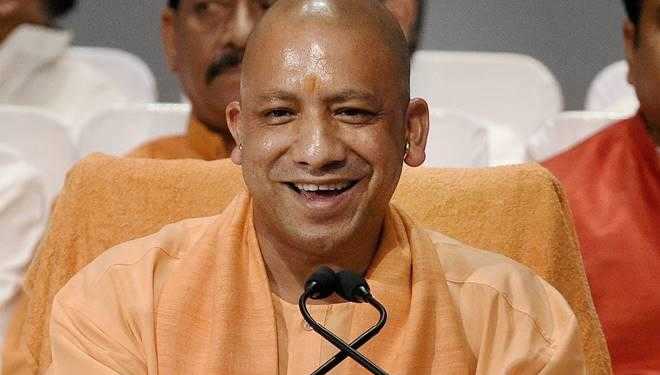Prime Minister Modi’s Make in India scheme gets a massive boost as the mobile manufacturing giant Samsung opens up world’s largest cellphone manufacturing facility in Noida, Uttar Pradesh. Prime Minister Narendra Modi and South Korean President Moon Jae-in who is on a visit to India inaugurated the new 35-acre Samsung Electronics facility on Monday. Currently, South Korean mobile giant Samsung manufactures 60 million mobile phones annually in India and with the opening of this new plant its goal is to increase the production of mobile phones in India. It is expected to manufacture nearly 120 million mobile phones.
Samsung will not just increase its mobile production but it also plans to increase its production capacity of consumer electronics such as flat-panel televisions and refrigerators. A company official said, ” The new unit has come up on an additional 35 acres adjacent to the current facility. It will double the production capacity of both mobile phones and refrigerators.” H C Hong, Chief Executive Officer, Samsung India said, “Our Noida factory, the world’s largest mobile factory, is a symbol of Samsung’s strong commitment to India, and a shining example of the success of the government’s ‘Make in India’ programme. Samsung is a long-term partner of India. We ‘Make in India’, ‘Make for India’ and now, we will ‘Make for the World’. We are aligned with government policies and will continue to seek their support to achieve our dream of making India a global export hub for mobile phones.”
The new Samsung facility also generated lot of employment opportunities. In his address at the Samsung event, PM Modi said, “Samsung has played a key role in employment generation too. You have given employment to around 70,000 people directly, out of which around 5,000 are here in Noida. At this new plant, 1,000 more people will get jobs.”
The number of mobile manufacturing plants in India is increasing. Earlier, there were just two mobile manufacturing plants in India in 2014 and at present the number has gone up to 120. Around 4 lakhs jobs have been created in mobile manufacturing since 2014.
However, the road to the opening of the biggest mobile factory in Uttar Pradesh was not smooth. Just three months back, Samsung was planning to pack up and shift its unit to some other state in India. Development-oriented, CM Yogi invited the Vice-President of Samsung, discussed the issue and gave him assurance that he would provide all the facilities required. Within three months the Yogi Government provided a 50 MW power connection to the company through a 22 Kilometer power line. And as a result of his efforts, today Samsung started the world’s largest cellphone manufacturing facility in Noida.
मार्च 2017 में सैमसंग इलेक्ट्रॉनिक्स अपनी इस यूनिट को देश के किसी अन्य राज्य में ले जाने की तैयारी कर चुका था: #UPCM श्री #YogiAdityanath #LargestMobileFactoryInUP pic.twitter.com/qcrO37oacd
— CM Office, GoUP (@CMOfficeUP) July 9, 2018
उस समय मैंने सैमसंग के वाइस प्रेसिडेंट को बुलाकर पूछा था कि यूपी में क्या समस्या है। मैंने उनसे कहा था कि नियमों के तहत जो भी सुविधाएं जरूरी होंगी, दी जाएंगी: #UPCM श्री #YogiAdityanath #LargestMobileFactoryInUP pic.twitter.com/kdVSNWRqRF
— CM Office, GoUP (@CMOfficeUP) July 9, 2018
उत्तर प्रदेश सरकार ने प्लांट के लिए 50 मेगावाट का सबसे बड़ा बिजली कनेक्शन उपलब्ध कराया, चार महीने की रिकॉर्ड अवधि में 22 किलोमीटर लंबी बिजली लाइन को यहां पहुंचाया गया और उसे ऊर्जीकृत किया गया: #UPCM श्री #YogiAdityanath #LargestMobileFactoryInUP pic.twitter.com/pqoT0JfeWE
— CM Office, GoUP (@CMOfficeUP) July 9, 2018
Chief Minister Yogi worked really hard and turned things around in just three months. He achieved the impossible and thus saved crores of investment and thousands of jobs. No one remembers the last time a UP Government showed such political will and intent to turn things around. Last month, because of Chief Minister Yogi’s intervention, Patanjali decided not to shift its food park.
Direct involvement of the Chief Minister in attracting and retaining investments in the state and it is a good sign for UP. This is a remarkable change in the governance of UP and the way it functions.

























